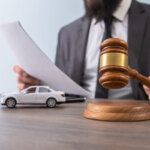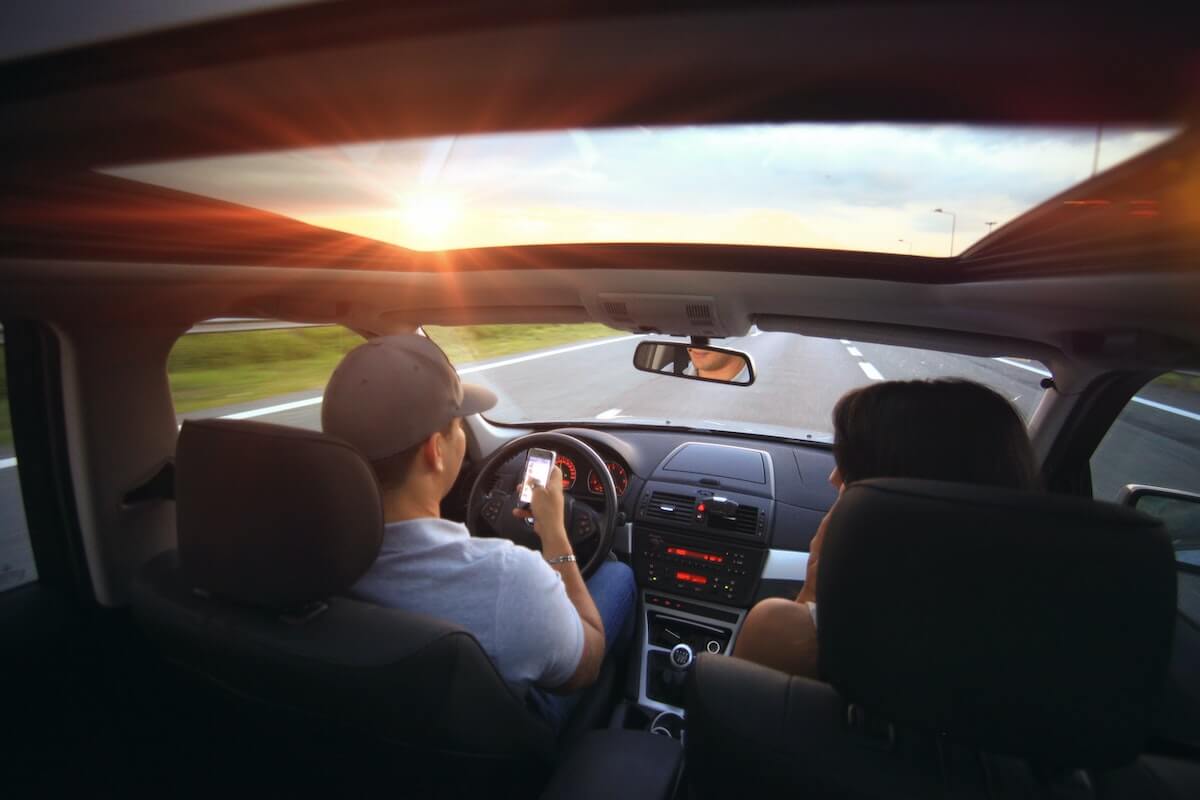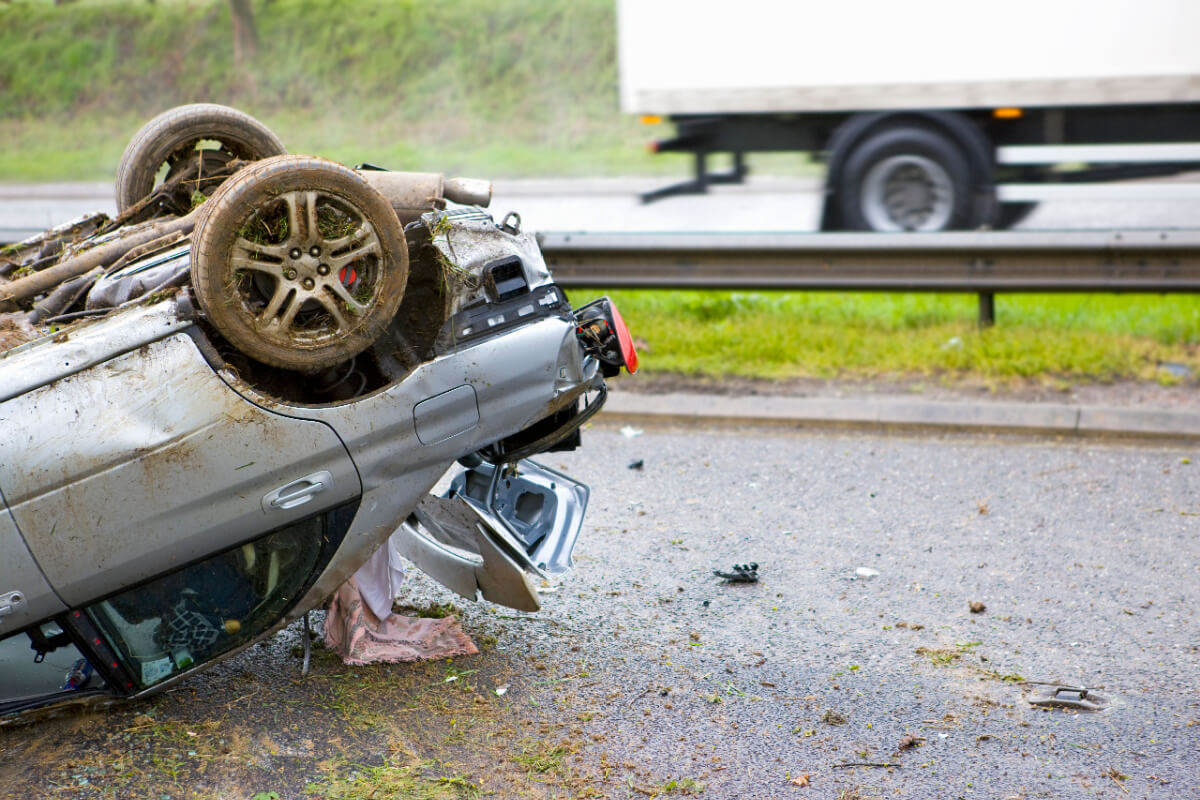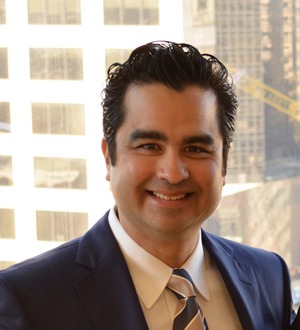
Partner at AKD Lawyers
Practice Areas: Personal Injury
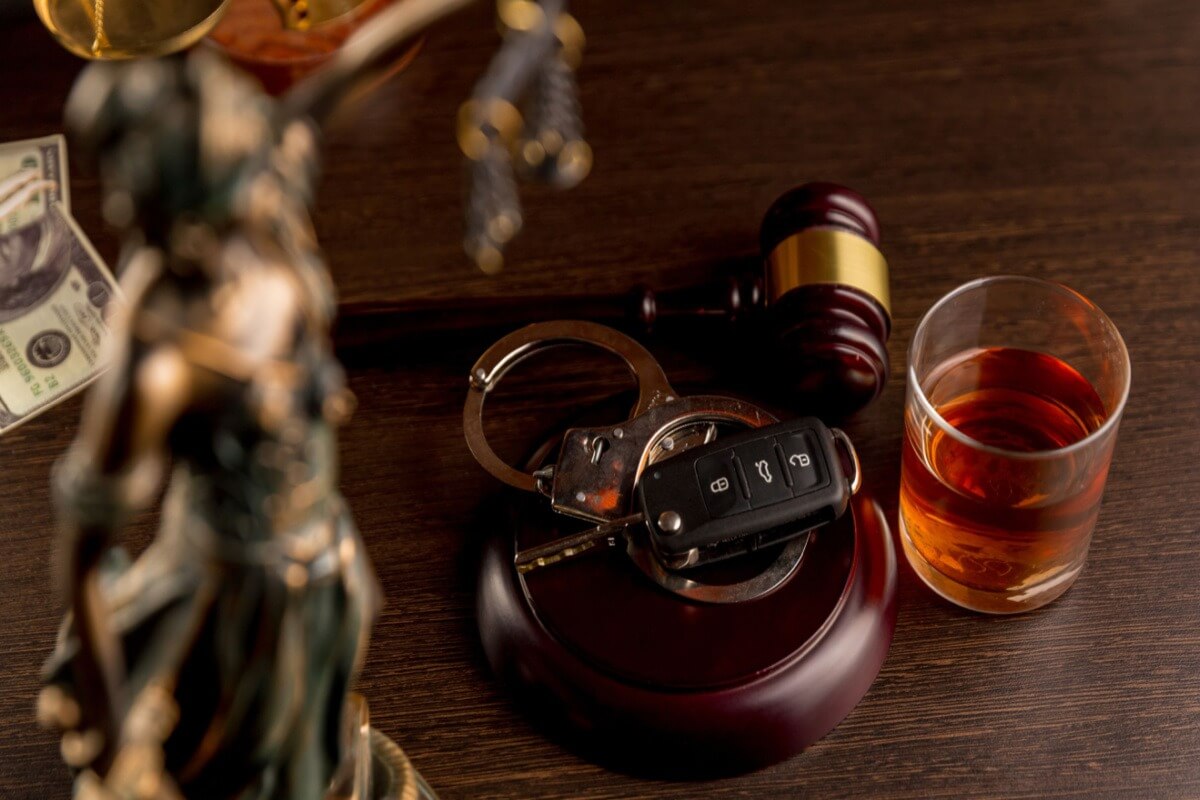
In the event of an accident with an intoxicated driver, what if the insurance company will not cover an accident or fulfill a full claim?
Proving Fault in Drunk Driving Accident
A driver may face charges for one or more drunk driving offenses if they are legally inebriated at the time of an accident. A DUI is a criminal charge under Louisiana law and as such, will not result in compensation for accident victims. They have two options: (1) either make an accident claim with the driver’s insurance company or (2) sue the driver for their injuries in a civil lawsuit known as a personal injury suit.
An accident victim must demonstrate the drunk driver was “at fault” for the collision in order to receive compensation. Despite the likelihood, a drunk motorist could cause an accident that was not their fault. In these, albeit, rare situations, there may not be any compensation because the injured party was unable to prove fault. In order to receive compensation from a motorist, a victim must establish that the driver’s actions directly contributed to the collision that led to the victim’s injuries—proving fault.
Proving fault in a drunk driving accident requires that the plaintiff show all four elements of negligence.
Elements of Negligence in a Drunk Driving Accident
To claim negligence in a drunk driving accident, the plaintiff has the burden of showing all four elements of negligence:
- Duty
- Breach
- Causation
- Damages
Every driver has a duty to all other drivers and roadways users. This duty is to drive responsibly and obey all traffic laws. This duty is owed whether or not a driver has insurance. When a driver gets behind the wheel while intoxicated, they break this duty. When a driver breaks their duty through some form of negligence or intentional behavior, they have breached the duty of care. The first two elements are generally the easiest to establish.
Causation is where the insurance company and individuals can have difficulties proving. Causation means that the drunk driver’s actions or inactions caused the accident. This can be shown through testimony and evidence collected at the scene. Finally, there must be some sort of damages that were sustained, whether those are personal injuries or property damages.
The Insurance Company’s Investigation
It is always important to collect and preserve all evidence after an accident. This will help establish the fault. Even though a driver may know who was at fault and tell their story to the insurance company, they will still conduct their own investigation.
Evidence is likely being gathered by the other driver’s insurance company to help it reduce liability for the collision. The insurance company may try to refute any evidence presented by the other side, or it may present evidence of its own that it claims shows the other driver was the cause of the crash or at least contributed to its cause. Any attempt by the insurance provider to shift responsibility for a collision may help lower the amount of money that must be paid to settle a claim.
Some adjusters will be aggressive and try to obtain evidence from the other drivers to prove they were at fault or ask them multiple times “what happened” to hopefully shift the blame. It is important to stay consistent and not to provide an overabundance of information to the other side.
Always File a Claim for Damages After an Accident
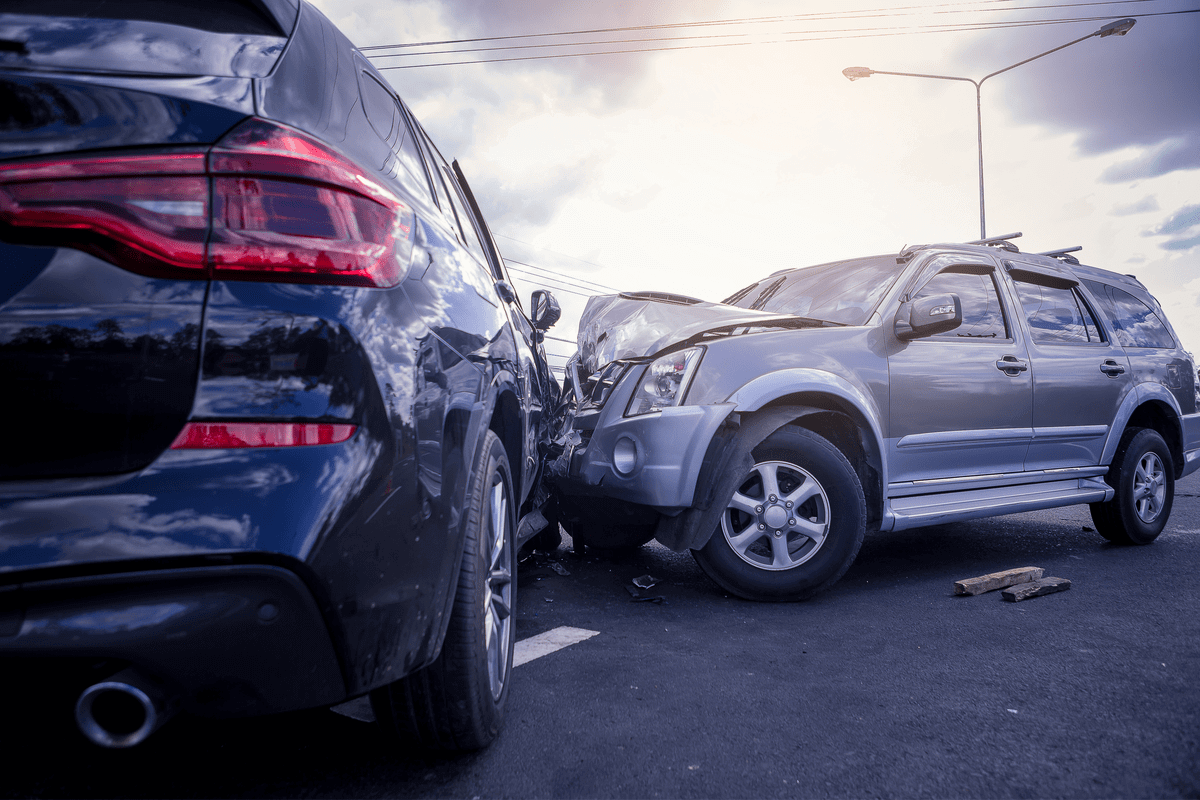
The insurance company should always pay in the event of an accident with an at-fault drunk driver. Even if the other driver or insurance adjuster states they may not pay for the damages, it is always best to file a claim with the insurance company after an accident. The insurance company will always do what is in its best interests, but a driver who has sustained injury should always push for the claim to go through.
If the insurance company is unable to fully compensate for injuries, then the injured party has the option to file a personal injury lawsuit against the drunk driver. This can take time and a lot of resources, which is why the first step should always be to see what the insurance company is willing to pay by filing a claim.
Filing a lawsuit may be necessary if the insurance company or other party cannot come to an agreement on the amount owed. If the at-fault driver was intoxicated, always call an officer to the scene because the tests they administer at the scene will be used as evidence if a lawsuit is filed.
Drunk Driving Statistics
Unfortunately, drunk driving is more common than we would hope. According to the CDC, nearly 30 people lose their lives each day due to an accident with a drunk driver. When a victim of a drunk driving accident dies, their loved ones can file a wrongful death claim to receive compensation to help cover costs associated with the repercussions of losing the loved one.
The CDC has also reported that drunk driving accidents cost individuals and insurance companies nearly $44 billion each year. This is because accidents involving drunk drivers tend to be more fatal and more severe.
Louisiana accounts for over nearly 2.5% of accident fatalities from drunk drivers. Additionally, over 5,000 people in Louisiana are arrested each year for drunk driving, and Louisiana police have regularly reported over 10,000 accidents each year with a driver having over .01 BAC.
Can I File a Claim Without an Attorney?
An attorney is not required to file an insurance claim or a lawsuit. However, an attorney can help relieve some of the stress involved with collecting evidence and communicating with both the insurance adjuster and the other side.
While an attorney is not always necessary, if a driver has experienced great injuries and the other side is being difficult, it may be wise to consult with an experienced personal injury lawyer. When filing a claim, before hiring an attorney, it is best to consult the insurance policy and see what options a driver has.
Categories
- Bicycle Accidents
- Car Accident
- Case results
- Class Action
- Community Aid
- COVID-19
- Fun
- General
- Hard Rock Lawsuits
- Holiday
- Insurance Claims
- Legal Advice
- Mardi Gras Accident Attorney
- Mass Tort
- Medical
- Motorcycle Accident
- Personal Injury
- Practices
- Premise Liability
- Recent News
- Safety
- Truck Accidents
- Uncategorized
- Weather
- Work-Related Accident

In 2003, after being dissatisfied with the quality of legal care for victims of car accidents, Roderick ‘Rico’ Alvendia sought to establish a new firm focused on providing high-quality legal services to aid injured victims and their families. J. Bart Kelly, sharing Rico’s passion for upholding justice, joined the firm later that year, and established a partnership.


